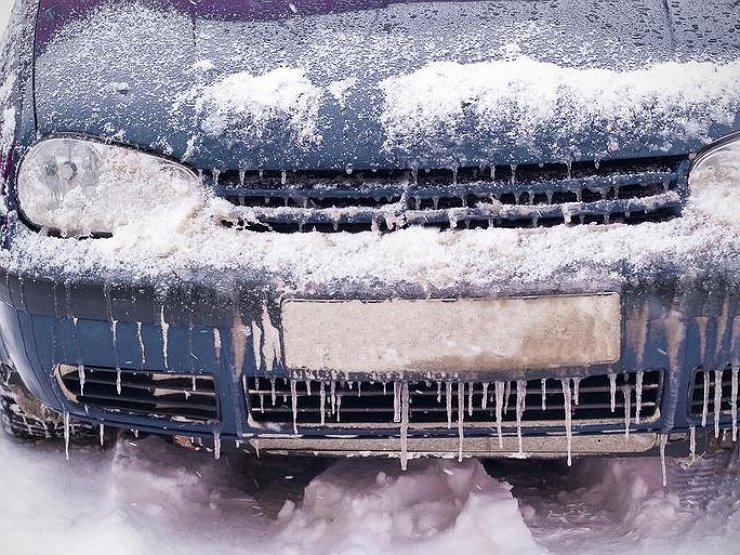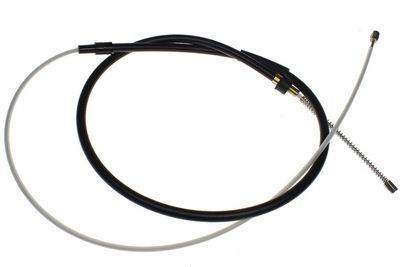
brake cables
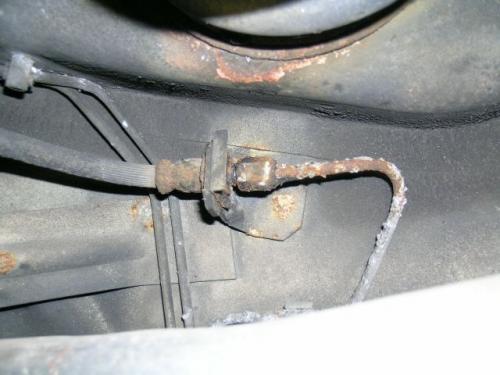 They usually remember about replacing brake pads, with brake fluid a little worse, but almost no one remembers about replacing hoses.
They usually remember about replacing brake pads, with brake fluid a little worse, but almost no one remembers about replacing hoses.
They usually remember about replacing brake pads, with brake fluid a little worse, but no one remembers about replacing hoses. Until the brakes suddenly fail or the diagnostician extends the inspection. 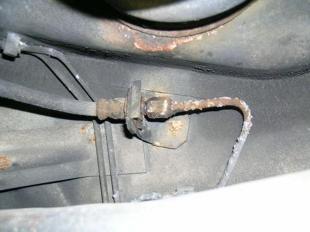
The average age of cars driving on our roads is over 14 years, so some cars have a really big problem with corrosion. There is no hard and fast rule as to how many years hoses need to be replaced. You just need to check them regularly. Such an inspection should be carried out by a diagnostician during a technical inspection and by a mechanic during a periodic inspection. It happens that the wires break when checking the so-called. heels when you need to press the pedal with maximum force. Then it turns out that the wires are rusted or frayed.
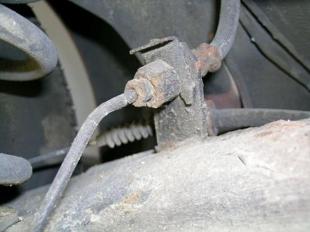
More off-road
The condition of cables, both metal and flexible, should be checked more often on SUVs, as they are very susceptible to damage. Damaged wires can also appear in relatively new cars. This may be due to an incorrect or broken mount. Flexible hoses can rub against the wheel as they rotate and become damaged over time. This should be checked, especially after tires with a higher profile or much wider are installed. Brake hoses work in very difficult conditions, as they are located under the chassis, and in the winter season there is still high salinity, which significantly accelerates corrosion and, in addition, retains moisture in the chassis for longer.
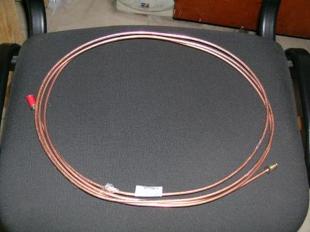
Beware of Corrosion
Rubber hoses must be replaced if even the slightest cracks or abrasions appear on them. Metal, however, when scuffed or corroded. Wires rust not only outside, but also inside. This phenomenon is stronger the less often the brake fluid is changed, as the fluid is hygroscopic and tends to absorb water from the environment.
Replacing the cables is not a difficult operation, provided that we have good access to them and they can be unscrewed. However, it may turn out that the wires are so rusty that when you try to unscrew the flexible hose, the metal will twist. When starting repairs, keep this in mind and be prepared for possibly higher costs.
The cost of original cables is very high, but you can safely use substitutes, provided they are of good quality. Don't skimp on these details. The cost of 1 meter of cable is from PLN 10 to 15, and replacement costs from PLN 100 to 200, depending on the number of cables and access to them. To this you need to add about 100 zł for pumping the system and brake fluid.
